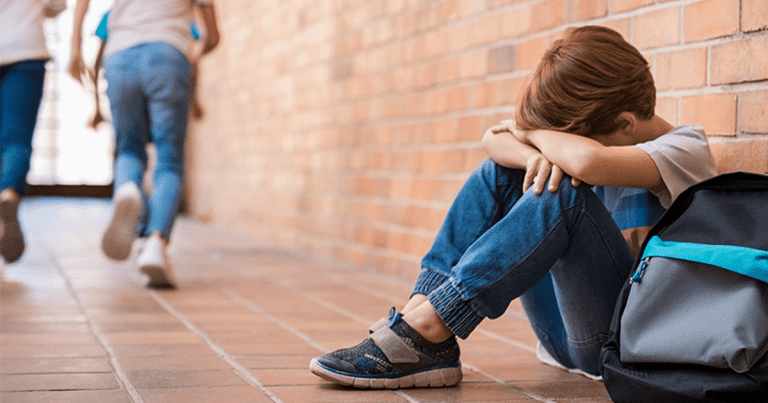Children experience emotional and psychological distress just like adults do, but they often do not express it well. Depending on various factors such as age, personality, and circumstances, children may not share these emotions. However, parents, teachers, and caregivers can learn how to identify signs of distress in children to help them. When distress is recognised in the early stages, children can get the help they need and quicker to prevent them from suffering severely.
1. Changes in Behaviour
Typically when children are struggling with distress, their behaviour changes. Children who are outgoing often become withdrawn during such times. They may also become uninterested in hobbies and activities that they previously enjoyed. Meanwhile, shy children may suddenly display aggression and become disruptive. These signs of distress are easily spotted, as well as emotional outbursts, defiance, or excessive crying. Temporary behavioural changes can indicate a minor challenge, but if they persist, it can be a serious problem.
2. Decline in Academic Performance
When children are struggling with distress, it can impact their academic performance. The emotional battle that they are fighting makes it difficult for them to remain focused on their schoolwork. They can also feel demotivated and uninterested in participating in class. In some cases, students act rebelliously by skipping school, refusing to do assignments, and being rude or disrespectful in class. Teachers and parents who cooperate and discuss the children’s academic performances are more likely to recognise these signs and help.

3. Physical Symptoms Without Medical Cause
Many children with distress often show physical symptoms such as regular headaches, stomachaches, fatigue, or other unexplained ailments. Stress and anxiety can manifest these symptoms in children. If children complain about having these symptoms regularly, carers should take note of when these issues occur and consider a deeper issue that may be causing the symptoms.
4. Changes in Sleeping or Eating Habits
Distress often affects the appetite and sleep quality of children. If children regularly experience difficulty when falling asleep. If children are struggling to fall asleep, complaining about nightmares, oversleeping often, or consistently waking up throughout the night, they may be struggling with distress. Similarly, children with distress also lose their appetite or eat excessively for comfort. This can lead to nutritional deficiencies or health issues. Parents can observe their children’s eating habits and seek professional help to uncover the issue.
5. Difficulty Regulating Emotions
While it is common for children to have mood swings, children with distress struggle to manage their emotions. Children often experience meltdowns, display excessive fear, or seem overly sensitive to criticism. Other children with distress display numbness or emotional detachment. Carers can help their children with their emotions by creating a safe space for their children to express themselves and also opening up to their children about their own emotions.

6. Regressive Behaviours
When some children are distressed, they display regressive behaviour, such as returning to thumb-sucking or clinginess. Children who are potty trained may start wetting the bed again and have small accidents. These signs should not be ignored, as they may be returning to such behaviour because they are stressed, uneasy, or overwhelmed. Parents can uncover the root cause by displaying patience and reassuring their children to help them regain confidence.
7. Expressions of Hopelessness or Fear
Children who do find the courage to speak their feelings should not be ignored. Most children suffering emotionally do not confide in anyone. Some children may tell their teachers, carers, or parents that they feel like a failure, wish they weren’t here, or that nobody likes them. These are not signs of children being dramatic; they are cries for help, indicating sadness or low self-esteem. They can also indicate a serious risk of self-harm. Adults should have nonjudgmental conversations with children who feel this way and seek professional help when necessary.

